#Whitesmith?
Text
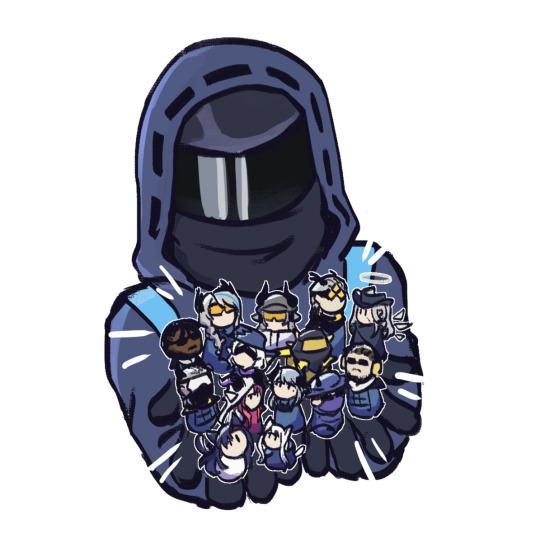
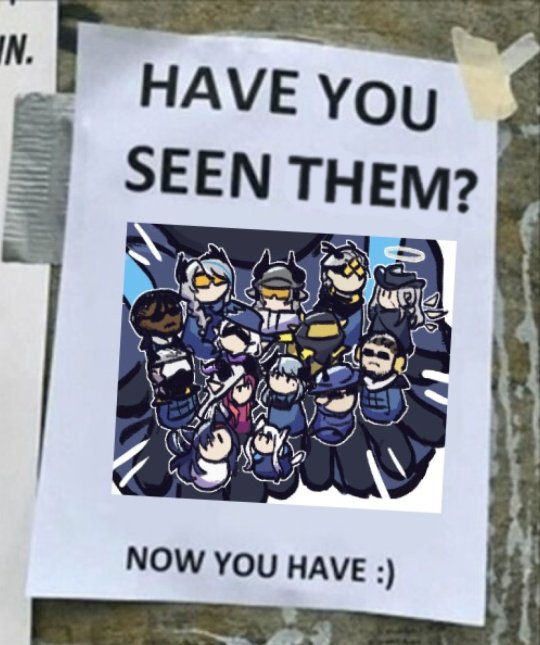
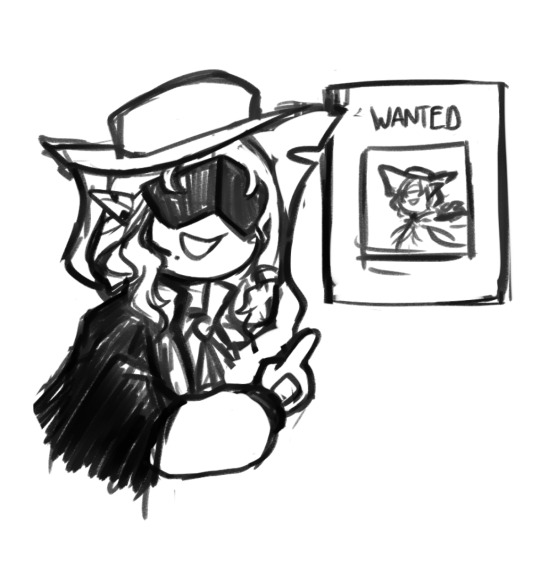
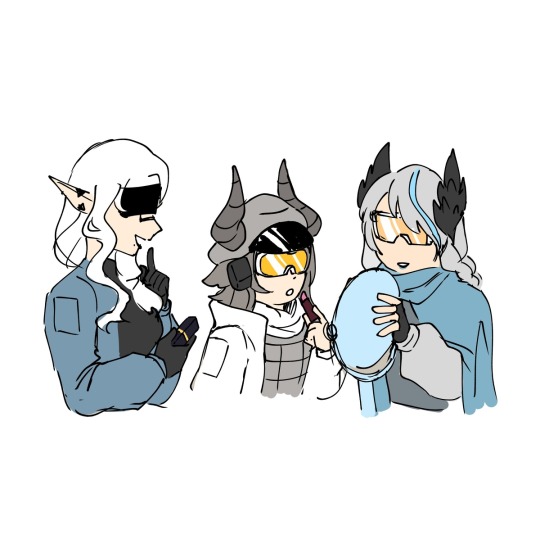
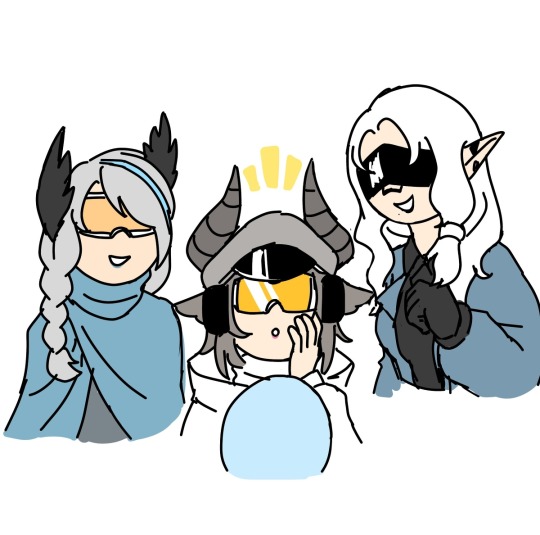
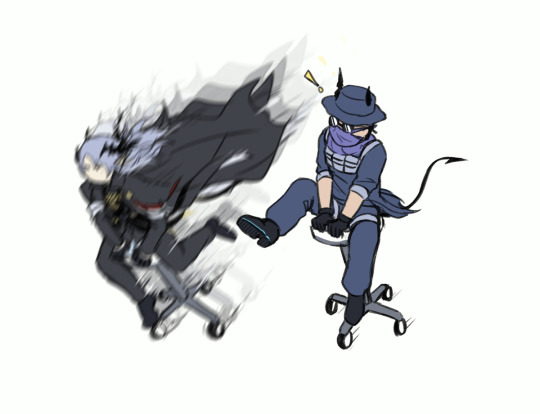
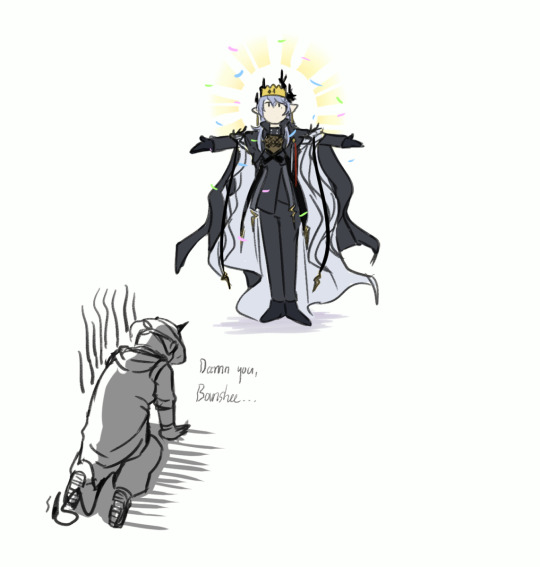

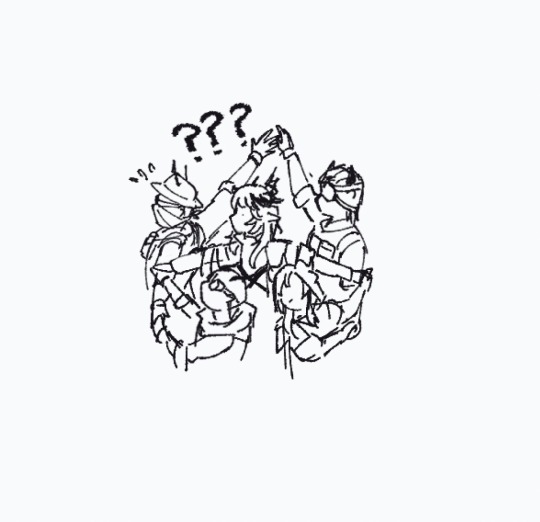
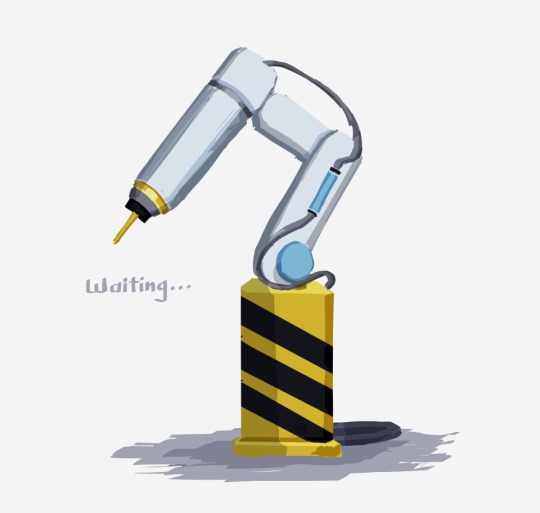
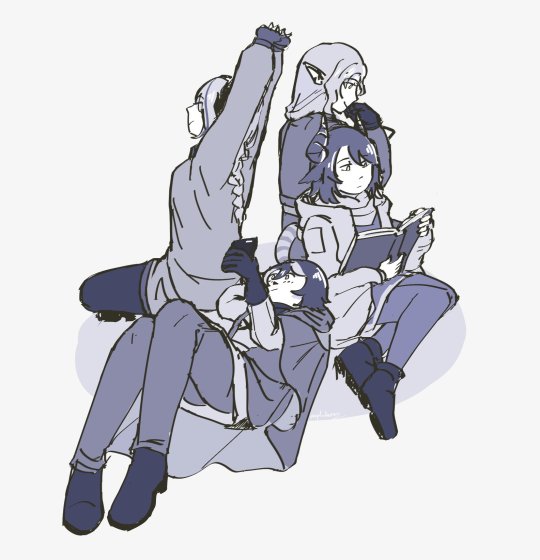
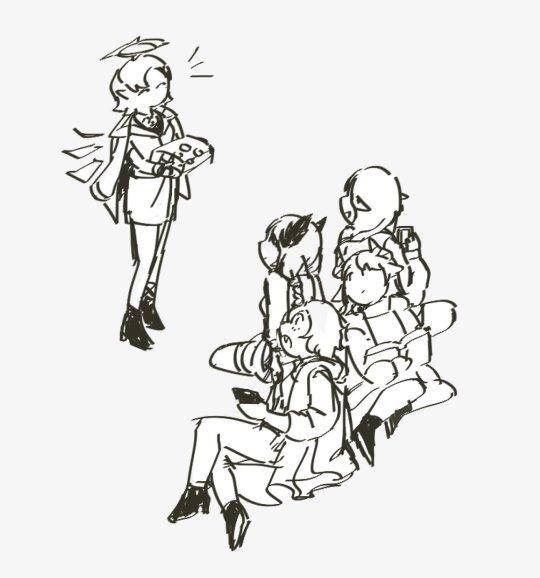
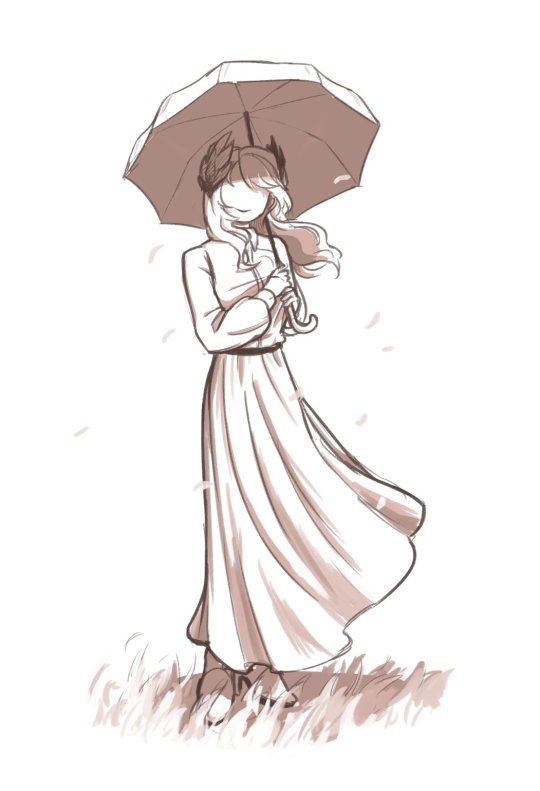
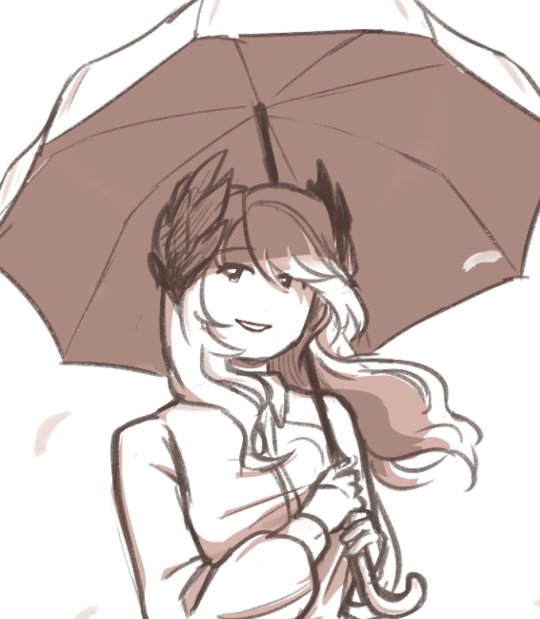
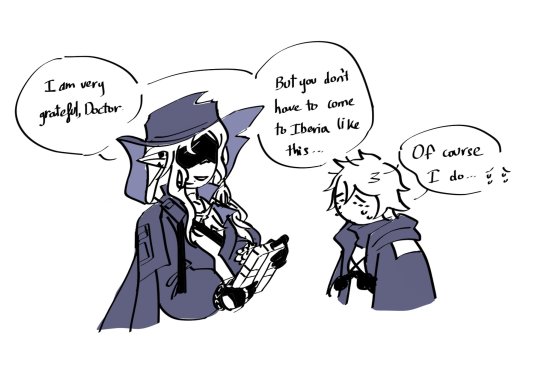
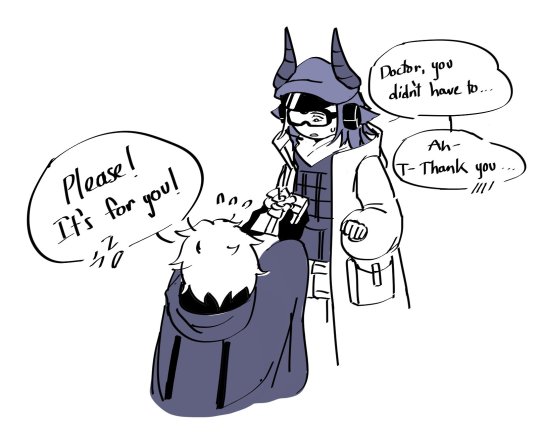

There is Arknights CN spoiler for IS3 and Chapter 11!!!
Continuation of Arknights Elite and IS gang shjtposting
This time with cameo of an OC of mine
#There's also Rhodes' operators from the anime too#Arknights#arknights doctor#arknights fanart#arknights elite operator#Elite operators#Sharp#Stormeye#Touch#Tulip#Reserved operator#Long post#Ascalon#Pith#digital art#Doctor Sonia#Whitesmith?#Logos#Scout#Have you seen them? Now you have#Another Pith in a pretty dress because shsjahfkjsha
240 notes
·
View notes
Text

mastersmith // ragnarok online
https://twitter.com/koyoriin
https://patreon.com/koyorin
https://instagram.com/koyori_n
https://bsky.app/profile/koyorin.bsky.social
#ragnarok online#mastersmith#whitesmith#fanart#ragnarok#fan art#videogames#video games#gaming#ragnarok online mastersmith#ragnarok online whitesmith#ro
598 notes
·
View notes
Audio
🆕🎶 「 HAI 」 new single by Dj Whitesmith, RYOFFKARMA is now available worldwide! 🌐
Listen now and discover new sounds from Japan on our weekly updated playlist 🎧 https://spoti.fi/3lgjH73
1 note
·
View note
Note
I hope this doesn't come off as disrespectful, because I'm genuinely curious, but like...is alchemy "real"? Because the way you speak about it is how I wish I could, myself, appreciate it and you're the closest I've ever found to a real world wizard which excites me a great deal. I totally respect if for you it's actually just an interesting academic study without intention, I'm just curious for how you view it in that lens.
No that's a good question!
Short answer: Yes, as in alchemists were real people who could actually do cool shit sometimes, but they weren't actually transmuting lead into gold, you need a particle accelerator for that.
In the 4th century, you weren't a scientist, that word hadn't been invented yet. You were a Natural Philosopher. You studied everything from the stars, to mathematics, to medicine, to the nature of herbs and stones.
In the medieval era, you weren't an astronomer, you were an astrologer. Telling people's horoscopes involved a lot of astronomical math. There wasn't really a difference between astronomy and astrology.
In the renaissance era, you weren't a chemist. The term chemist didn't exist yet. You were an alchemist. You tried to make gold sometimes, but you also manufactured dyes, glass vessels, cosmetics, paints, and medicines. You were kind of a whitesmith, and a glass-blower, and a doctor, and sometimes just a con-man.
Alchemy and chemistry have a relationship similar to Astrology and Astronomy. But, don't think of alchemy as just "Chemistry with magic." Alchemy is the father of modern chemistry. It is the cocoon that chemistry sprouted out of.
The thing is, alchemy is more "real" than astrology is. You know what a common use of astrology was in the medieval era? Diagnosing diseases. You'd check someone's horoscope to determine what medicine to give them. This didn't work. A medieval astrology textbook isn't going to be useful for diagnosing why your stomach hurts.
But!
Medieval alchemy texts are actually useful sometimes. If you want to dye some copper so it looked more like gold, there are alchemy texts that can tell you how to do that. If you want to distill the mercury out of some cinnabar, alchemists could do that. They didn't really know how or why that worked, but they could do it! If you want a potion that could make you immortal, the alchemists could make a philter of mercury and lead that would definitely 100% kill you and it would hurt the whole time you were dying. You can't win em all.
Im writing about the history of alchemy on my patreon if you wanna support me!
5K notes
·
View notes
Text
Ebony Try Not to Get Caught Masturbating in Parking Lot
Old woman feet xxx Dont Say You Love Me
MINHA PRIMA GOSTOSINHA
Big tits ebony swallow
Compilation Best Videos Sex Lesbico in Group June 2022 - Lesbian Hot Animations
Freaky nasty
Chupando gringo
Neguinha mijando no pau
Gay senior oral sex videos and male guy movieture for xxx Actually it
No hands cumshot
#prehnite#Cretic#buboes#precipice#unvaleted#Cully#overwetness#razz#whitesmith#dosserets#Colletes#Cuttie#countrysides#sideroscope#let's#breedbate#peripyloric#orarion#sulfhydrate#copalche
0 notes
Photo
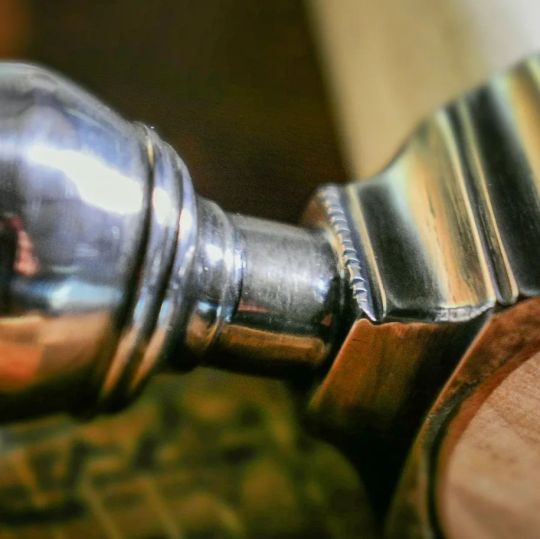
Iron tomahawk moldings in the "white" an 18th century term for a rust proof burnished patina. Not exactly polished still reflects light amazingly well! This is a sneak peak at an upcoming tomahawk based on an original. Hand forged, filed and whitesmithed by Iron John #artofweapons #pipetomahawk #whitesmith #18thcentury #handforged #contemporymakers #artisan https://www.instagram.com/p/Cn269Q_swSZ/?igshid=NGJjMDIxMWI=
0 notes
Text
Figuring out where every companion fits in my Suddenly A Thing art school au doodle world is. Going to be interesting.
God's favorite princess who started it all is in general fine arts. She loves charcoal, painting feels like a necessary evil but it's secretly what she's always wanted to do.
Lae'zel is clearly in metalworking/sculpture.
Astarion is in textiles, specifically embroidering and fashion design/history. He has an entire brand built in his head. He works at an upscale fashion store part time. He judges EVERYONE.
Wyll???? Wyll's studying art history and debating going into curation. He's a trust fund kid and his father is deeply disappointed THIS is what he's doing with his college fund. He spends free time in the dark room. Darkroom photography has no place in the world these days, but he loves the classics and waxes poetic about 35mm film and its versatility - he does some oil painting over certain photos for flourish. It's phenomenal. He doesn't think it's that great. Everyone disagrees.
Gale is. Gale is the english major from the sister university who decided a double major is a good idea (it isn't, he is suffering) and hurled himself into abstract/surrealism. (It works very well in his favor when tara steps in his paint and walks on the canvas. He had a three hour anxiety attack and decided he did it on PURPOSE.
(Part of me wants to slam him into dark room photography and i will not elaborate. Maybe he sneaks in to hang out with wyll. He cannot be good at everything but he NEEDS TO BE GOOD AT EVERYTHING. He's a recurring subject of wyll's work.)
Where the FUCK do i put karlach. She's on a roller derby team outside of school. But what does she DO. She's in there somewhere but WHAT DEPARTMENT.
Dammon shares classes with Lae'zel bc that's The Most Obvious Thing. He's a natural.
Isobel? Pottery. Aylin doesn't go here. She's just The Girlfriend also on the roller derby team and hangs around.
Rolan is obviously into impressionism. He's the manet of the school, trying every artist's style in a desperate attempt to find his own despite cal and lia both knowing he HAS his own style and it's GORGEOUS but he just can't see it himself.
Alfira is also in the textile department. Astarion hates everything she makes. She plays music at local clubs on the weekends. Lakrissa is her bartender girlfriend who studies sequential art.
I need to keep this going, I'm on to something here.
But where the FUCK do i put KARLACH.
Edit: 9 fingers is the drug dealer. I went to art school, i promise you there are so many gatherings based solely around that, she'd be there constantly. Jaheira and Halsin are figure study models. Jaheira probably has her hand somewhere else in the school, she'd definitely have something to do with installation pieces, I'll get there let me cook on that one. Minsc is. Fuck. I need to figure that out. We're GOING SOMEWHERE HERE, WE'RE MAKING THIS HAPPEN.
Someone is in the jewelry department it's someone it's SOMEONE maybe lae'zel dips into it bc metal casting NO IT'S MINTHARA. MINTHARA. YES. I WILL JUSTIFY THIS WHEN IT'S NOT 2AM BUT TRUST ME IT'S MINTHARA. Intricate wire wrapping with gem stones she gets from 9 fingers, she has 5000 tools for it and no one realizes how violent whitesmithing tools are but I've BEEN THERE TRUST ME and the wire wrapping gives big spiderweb vibes, it's perfect, i love it, yes, she's in cahoots with astarion on a future design house and the bickering is CONSTANT.
#bg3#baldur's gate 3#baldurs gate 3#lae'zel#karlach#astarion#gale of waterdeep#gale dekarios#shadowheart#wyll ravengard#SOMEONE HELP ME#alfira#bg3 rolan#dammon#isobel thorm#dame aylin#chainsawmascarart
189 notes
·
View notes
Note
For Nolofinweanweek,
Fingolfin tutored in he art of smithing by Feanor.
Thank you for the ask! For @nolofinweanweek, here is a double drabble of imminent Doom (also on AO3).
Fingolfin’s tutors are the cream of Tirion’s intelligentsia: lawyers and philosophers, scrutinizers of the sciences of life and of the mind. For skills of hand, he has fine guidance among his father’s smiths. But for the art of it, the bittersweet blood of their craft, Finwë will have none but Fëanor teach him. What persuasions he brings to bear, Fingolfin never learns.
His time under his brother’s tutelage is dreamlike, drifting from insight to insight, shaping a vision in his heart that he never quite abandons, even at their worst, when all else has fallen utterly to ash. Fine jewelwork unfolds within his mind, his hands moving almost of themselves when inspiration catches. Whitesmithing and silverwork to make objects of practical beauty have their own music: his heart opens, catching the tune.
But he stumbles at the great forge. Its doors yawn a warning; the rhythm of the hammers and the dark howl of the furnace send him drifting into some netherworld of half-hidden horrors and broken dreams. He watches Fëanor working steel, his brother’s fingers flowing like fire to shape and balance tools that, although ordinary, whisper yet of something more than utility, breathe some bitter taste of pain.
I have one drabble request spot left, if you'd like one for this event. Drop me an ask and tell me what you want to see.
57 notes
·
View notes
Text
Lord Remus lupin steps out of his family estate. The streets smell of dirt and skat, but today it won't matter to him. He is a man on a mission. He adopts his friendliest smile, the smile for the masses, as he walks through the town that one day would be his. His robes are of a lovely burgundy, and they fit him just right. Another masterful work of their tailor. He knows he looks his best in them. And he always wants to look his best when he visits the blacks. Black is their name, black is their trade. The family has a long tradition of producing durable metals for their house, their family, their town.
But the real reason Remus likes to go there, is their oldest son. Sirius Black. A master of his craft, and a rebel at heart. A whitesmith between their ranks, his passion endangering the family trade. But oh, his work is oh so beautiful. Just how many rings, how many cuff links, how many tie links, has Remus requested off of him. All of them delicate and beautiful. Works of art between the hard reality of horse shoes and helmets of war. And no matter how delicate and beautiful his work is, none of them come even close to the beauty of the man himself.
He greets Remus with a bow that reeks of mockery. And Remus can't think of anything other than how much the lord, their god, must have loved Sirius when he created his features. There is beauty welded, no, weaved, into his very essence. Remus smiles at this man, the object of his affections ever since he first met him. And for once, his smile is real. Made from joy, from love, rather than to appease his folk. For once, he feels home.
@hiddenmoonbeam some royal Remus and black (or rather white) smith Sirius for you!!!
31 notes
·
View notes
Text
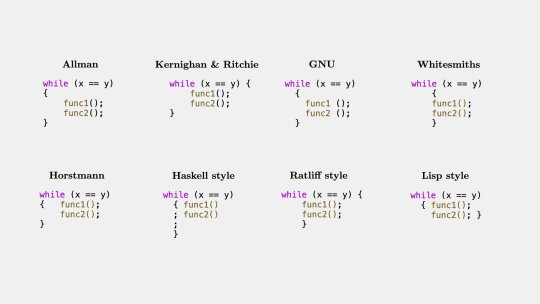
In reference to this post by @programmerhumour
23 notes
·
View notes
Note
Actually isn't a tinsmith a "whitesmith"? Or was that some other metal?
That is a name for a tinsmith, but a whitesmith can also be someone who focuses on polishing and burnishing. Hence "black" for working with the iron and steel, and "white" to brighten it afterward.
Thanks for the question, Anon.
SomethingLikeALawyer, Hand of the King
15 notes
·
View notes
Text
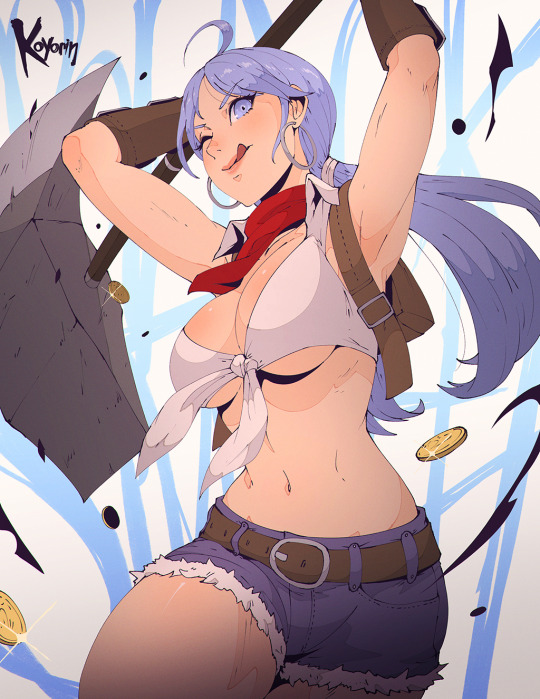

blacksmith & mastersmith
https://twitter.com/koyoriin
https://patreon.com/koyorin
https://instagram.com/koyori_n
https://bsky.app/profile/koyorin.bsky.social
#ragnarok online#blacksmith#mastersmith#ragnarok#ro#ragnarok online blacksmith#ragnarok online mastersmith#whitesmith#ragnarok online whitesmith#fanart#fan art#videogames#video games#gaming#ragnarok blacksmith#ragnarok whitesmith#ragnarok mastersmith
460 notes
·
View notes
Text
I've never heard of a tinsmith referred to as a "whitesmith" I learned something
2 notes
·
View notes
Note
What could European alchemists actually do? Aside from that dude that "discovered" (stole) the method for making Meissen ware, did all of their impressive jargon and self-promotion actually have any tangible benefits for their employers beyond "Ooh, he's got his own alchemist!"-level stuff?
Yes it did. Alchemists invented numerous dyes, textiles, glassblowing techniques, inks, and paints. They are responsible for many advancements in small-scale metallurgy and whitesmithing, chemical methods of refining ore, systems of lighting, mining technology, and minting. (They were an essential element in countering counterfeiting for many states.)
And fucking HEATING. Alchemists are people that spend their entire day locked in a room trying to heat things to very specific experimental temperatures, or maintain specific heats for long periods of time, one of their major contributions to history is actually many improvements in fireplace technology.
Imagine you're a 1500s Austrian noble and you're tired of your wine freezing over at the dinner table. Your Alchemists lab is always hot as fuck, maybe you should ask him to see if he can transmute you a new dang fireplace.
They never figured out the whole gold thing though, turns out you need a particle accelerator for that.
3K notes
·
View notes
Text
Out of sight

The town of Gospalt was far off the beaten path. There were no roads leading in, none leading out, and nor did any skirt along the treeline to its sides. Whilst other towns might find themselves adorned with cobbled streets or neatly paved highways, a moat of gravel or a drawbridge of fine wooden slats, it had no such accoutrements, and squatted naked in the middle of its unloved corner of the realm.
The town held little of interest itself, and nor was it on the way to anywhere that did. It had no great history, but neither was it remarkably new. Gospalt was small, and quiet, and profoundly unexceptional. It drew no visitors, and offered up few exports to the world beyond the forest to all sides; drawn behind their coniferous curtain, it was truly alone within the eastern expanses, and its scant inhabitants had learnt to be content with their own company.
They had worn their own paths through the years - traversing the fields that surrounded the town for half a mile around, venturing into the forest for lumber and food - but those were picked out only in the medium of absence. A hollow impression of footprints in the rich and loamy earth. A balding patch in a meadow, where the wildflowers grew less freely than elsewhere. Dark avenues between the trees, where stumps were marked to signify each passing mile, and cut-back branches lay discarded on the ground.
The signposts - tired from naming mighty Solsheom to the north, and bustling Padgak to the west - marked it only as Other Routes, Closest Inn, or Miscellaneous, when they deigned to point its way at all. If it appeared on any maps, it was as a footnote, lost between Atlas's fingertips; if it was uncharted, that could be blamed on boredom more than a lack of any derring-do. It was a lost space on the vellum, an ocean far inland, a here be nothing in between an entire realm of wonders.
In short, it was the perfect place to hide a chosen one.
The elders called them elegare, the chosen; the answers to the various prophecies that formed their holy book, a history told forwards. They were not so much born as adopted, taken under the wing of destiny once they reached a certain age. The timing of birth could be a fickle thing, and no alignment of stars mattered so much as the combining of certain attributes, some attained over time.
This prophecy spoke of a woman with brown eyes, a scar that traced the curve of her jaw, an affinity for metalwork. Jura was not yet a woman when she rose to their attention - scouring the scrap heaps outside of Solsheim, where armies camped and broke against the immense city's walls - but at fourteen years she had made her candidacy clear.
She wore the still-raw gash of a blade meant for her throat, a suit of makeshift armour she had fashioned for herself, and a glare as hard as teak, which the elders found discomfiting as she held their ascertaining gaze. The prophecy spoke of a woman who would bring great upheaval to the realm, with unspecified results, and they feared the touch of firebrands who might think to radicalise her against them. Better that she was hidden elsewhere, the elders felt, so that only they knew when to find her if required.
Thus Jura was hastened away by those who decided on such things, draped in rags, bundled into a carriage, and buried deep in Gospalt's obscurity. They stripped her of her armour, her identity, dressing her in further rags and an assumed name, which they assumed would keep her safely beyond reach of any rabble-rousing demagogue, in a town where no-one knew her provenance, and few would even care enough to ask.
Yet destiny is not so easily denied. The prophecy spoke not of the brown-eyed one, the metalworker, or the one who wore the jawline scar, but the chosen one. Many had brown eyes, in Gospalt, Solsheom, Padgak and beyond. Many were blacksmiths, whitesmiths, farriers, or jewellers, the makers of trinkets or keys and fine tools. But Jura, to use the name they took from her, was the one the elders sent away - and, in doing so, they had chosen her.
They had hoped her lost in obscurity, but, against so anonymous a backdrop, she was cast into far greater prominence. Jura arrived as the only outsider in a secluded town, and completed her journey to adulthood without family, without friend - more alone in Gospalt's quiet community, in fact, than she had ever been when squatting in the ruins of battlefields past.
She was always the stranger, the bearer of a mysterious backstory which was also a mystery to her, unable to explain herself,; told to lie about her name, but not skilled enough to hide her own deception. The townsfolk held her at arm's length, as Gospalt was held apart from the world, not trusting this liar, this outsider, and Jura grew up in resentment: not just towards those around her, but to those who'd put her there.
By the time she came of age - and was able to make her own path through the forest's shaded avenues, the prints left by her forebears, and the places where the cornflowers no longer grew - she had reassembled a set of rudimentary mail, and pieced together the story of the elders and their prophecy as well. They had chosen her as the one who would make changes, she learnt - and so she chose them, in turn, as the subject of that change.
She resolved to make good on that promise. The elders had, by their own hand, created the mechanism of their demise, in poisoning the chosen one against their cause. Without the aid of any rebel or revolutionary, smothered in a town where nothing ever changed, they had radicalised her all the same. Jura became a woman - with a scar beneath brown eyes that raged at deeper hurts inside, and a salvaged blade held tightly in her fist - driven fiercely to seek out her revenge.
8 notes
·
View notes
